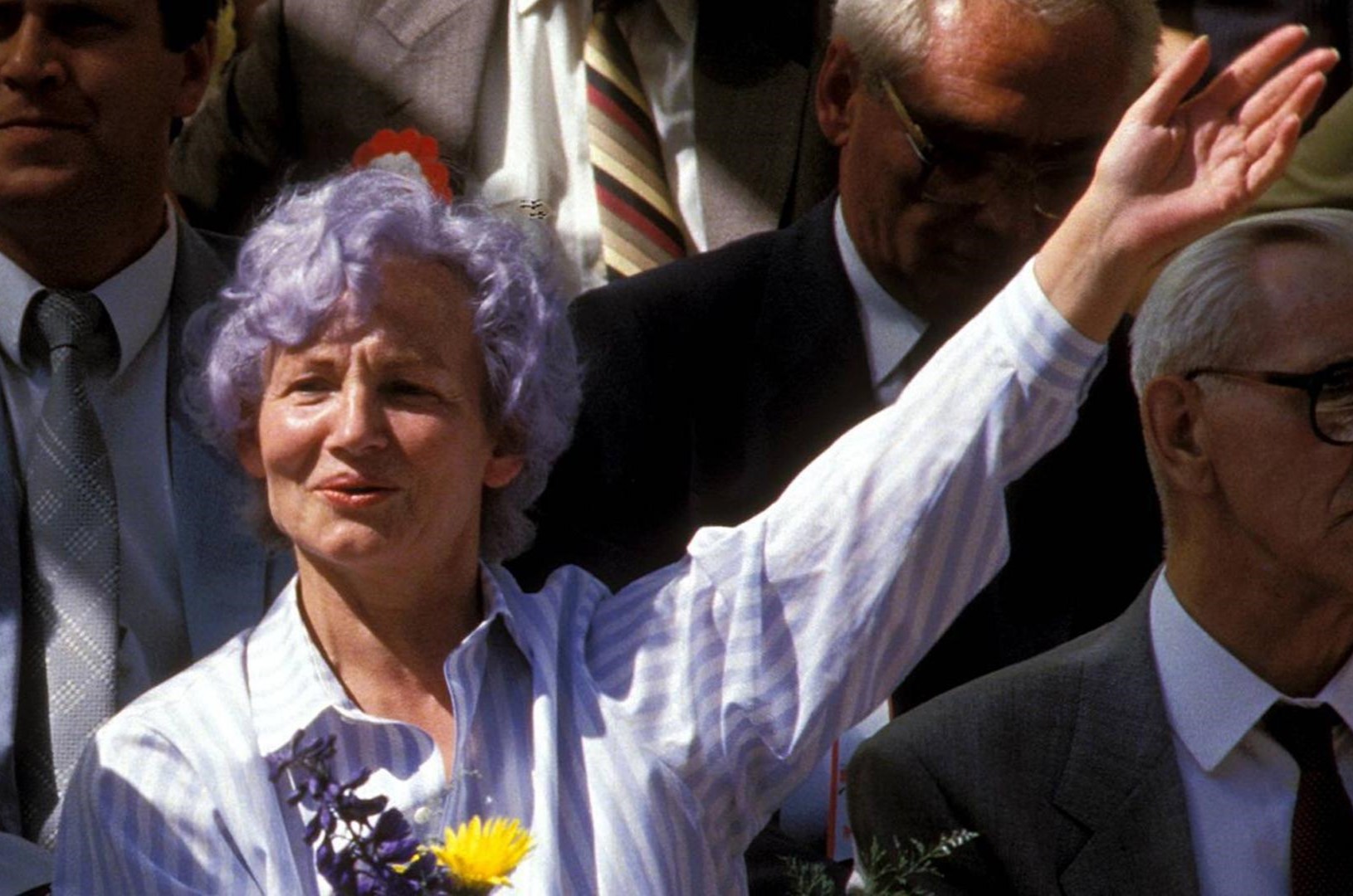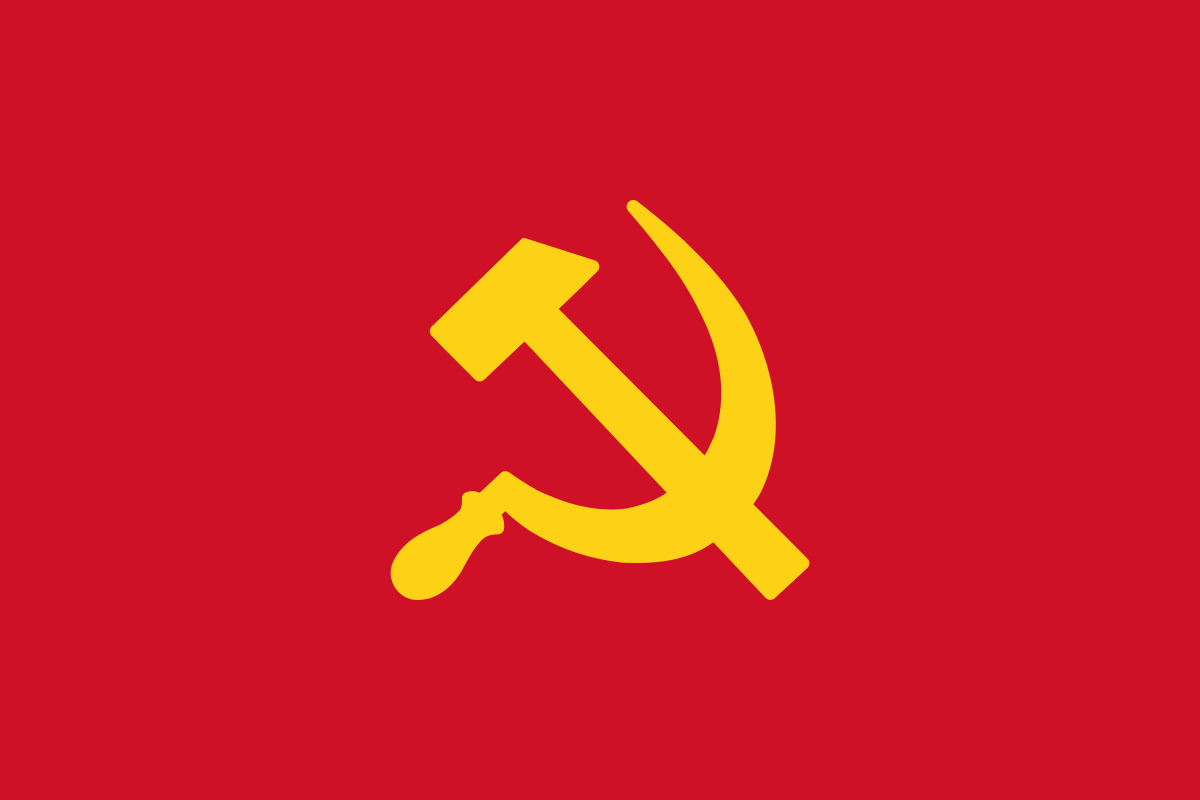
Margot Honecker, a name that echoes through the corridors of East German history, was a powerful and controversial figure. Who was Margot Honecker? She served as the Minister of Education in East Germany for nearly three decades and was married to Erich Honecker, the country's leader. Known for her strict policies and unwavering loyalty to the socialist regime, she played a significant role in shaping the educational landscape of East Germany. Her life was marked by political intrigue, staunch ideology, and a legacy that continues to spark debate. Curious about the woman behind the iron curtain? Here are 35 intriguing facts about Margot Honecker that shed light on her complex life and enduring influence.
Key Takeaways:
- Margot Honecker, a prominent figure in East German politics, shaped the education system with strict policies and faced controversies. Her legacy continues to spark debate and interest among historians.
- Beyond her political career, Margot Honecker was a multifaceted individual with a love for literature, languages, and music. Her life remains a captivating study of power, ideology, and resilience.
Early Life and Background
Margot Honecker was a prominent figure in East German politics. Her life was filled with intriguing events and notable achievements.
- Born on April 17, 1927, in Halle, Germany, Margot Feist grew up during a tumultuous period in German history.
- Her father was a shoemaker, and her mother worked as a seamstress, giving her a humble upbringing.
- Margot joined the Free German Youth (FDJ) at a young age, marking the beginning of her political career.
- She later became a member of the Socialist Unity Party of Germany (SED), the ruling party in East Germany.
Political Career
Margot Honecker's political career was marked by significant influence and power within the East German government.
- In 1963, she was appointed as the Minister of Education in East Germany, a position she held until 1989.
- Margot was known for her strict educational policies, including the introduction of mandatory military training in schools.
- She played a key role in shaping the education system to align with socialist ideals.
- Her policies often faced criticism for being too rigid and ideologically driven.
Personal Life
Margot's personal life was closely intertwined with her political career, especially through her marriage to Erich Honecker.
- She married Erich Honecker, who later became the General Secretary of the Socialist Unity Party, in 1953.
- The couple had one daughter, Sonja, who also became involved in politics.
- Margot was known for her strong personality and unwavering support for her husband's policies.
- Despite their political power, the Honecker family faced numerous challenges, especially towards the end of East Germany's existence.
Controversies and Criticisms
Margot Honecker's career was not without controversy. Her policies and actions often sparked debate and criticism.
- She was heavily criticized for her role in the forced adoption of children from dissident families.
- Margot's educational reforms were seen as a means to indoctrinate youth with socialist ideology.
- Her strict policies led to widespread dissatisfaction among students and teachers.
- She was often referred to as the "Purple Witch" due to her distinctive hair color and stern demeanor.
Life After Politics
After the fall of the Berlin Wall, Margot Honecker's life took a dramatic turn.
- In 1990, she fled to Chile with her husband to escape prosecution in Germany.
- The couple lived in exile in Santiago, Chile, where they were granted political asylum.
- Margot remained politically active, often defending the legacy of East Germany.
- She continued to criticize the reunification of Germany and the capitalist system.
Legacy and Impact
Margot Honecker's legacy is complex, reflecting both her contributions and controversies.
- She is remembered as one of the most influential women in East German politics.
- Her educational policies left a lasting impact on the East German school system.
- Margot's life and career continue to be a subject of study and debate among historians.
- Despite her controversial actions, she remained a staunch defender of socialist ideals until her death.
Death and Aftermath
Margot Honecker's death marked the end of an era for many who lived through East Germany's history.
- She passed away on May 6, 2016, in Santiago, Chile, at the age of 89.
- Her death was met with mixed reactions, reflecting the divided opinions about her legacy.
- Margot's life story has been the subject of numerous books, documentaries, and academic studies.
- Her influence on East German politics and education continues to be a topic of interest.
Interesting Tidbits
Beyond her political career, Margot Honecker's life had many lesser-known aspects.
- She was an avid reader and enjoyed literature, particularly works by German authors.
- Margot was fluent in several languages, including Russian and Spanish.
- She maintained a close friendship with Fidel Castro, the Cuban revolutionary leader.
- Despite her stern public image, those who knew her personally described her as warm and caring.
- Margot was a skilled pianist and often played music to relax.
- She had a keen interest in gardening and spent much of her free time tending to her plants.
- Margot Honecker's life remains a fascinating study of power, ideology, and resilience.
Margot Honecker's Legacy
Margot Honecker's life was a mix of power, controversy, and influence. As East Germany's Minister of Education, she shaped the education system, leaving a lasting impact on countless students. Her marriage to Erich Honecker, the country's leader, placed her at the heart of East German politics. Despite her significant role, many viewed her policies as harsh and oppressive. After the fall of the Berlin Wall, she fled to Chile, where she lived until her death in 2016. Her legacy remains divisive; some remember her as a dedicated communist, while others see her as a symbol of a repressive regime. Understanding her story offers a glimpse into the complexities of East German history and the individuals who shaped it. Margot Honecker's life serves as a reminder of the powerful influence political figures can wield and the lasting effects of their actions.
Frequently Asked Questions
Was this page helpful?
Our commitment to delivering trustworthy and engaging content is at the heart of what we do. Each fact on our site is contributed by real users like you, bringing a wealth of diverse insights and information. To ensure the highest standards of accuracy and reliability, our dedicated editors meticulously review each submission. This process guarantees that the facts we share are not only fascinating but also credible. Trust in our commitment to quality and authenticity as you explore and learn with us.


